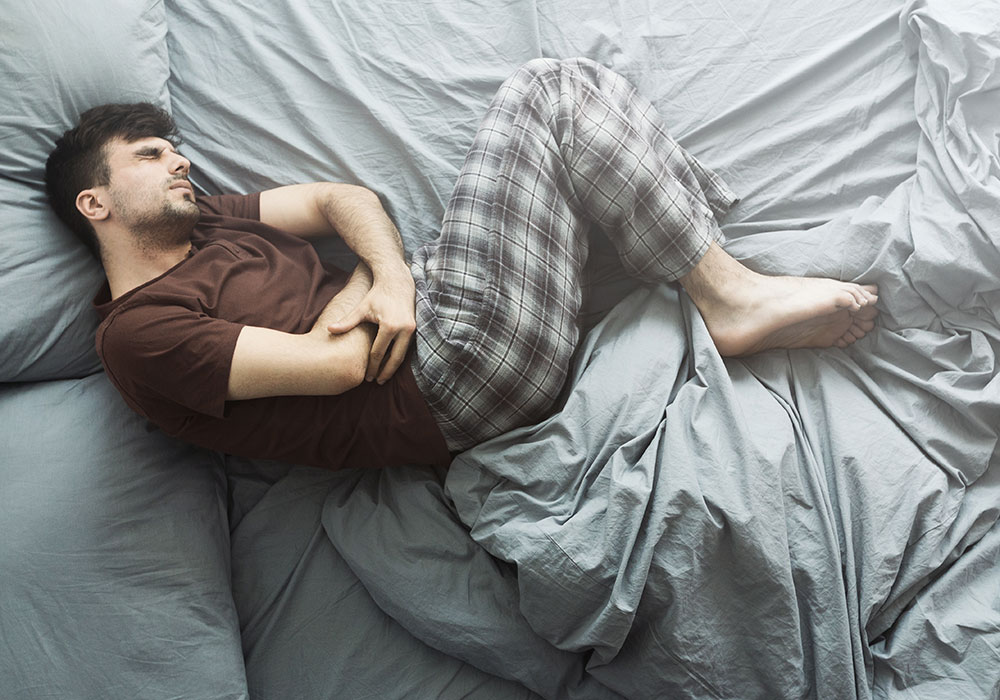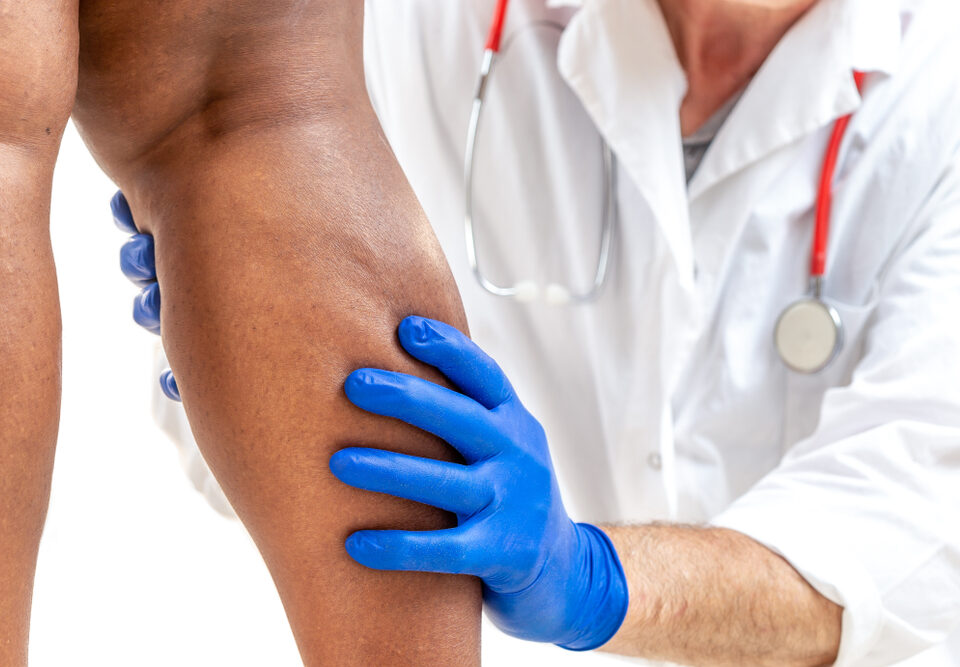
Hernia Surgery Maryland
August 26, 2019
What Are the Benefits of Compression Therapy
September 19, 2019Varicose Veins Ellicott City
Varicose veins in Ellicott City, MD, are an extremely common vascular issue, especially among women. In fact, you may have noticed these dilated vessels on your legs or lower extremities and questioned how they got there or if they have a genetic component. So, are varicose veins hereditary?
Continue reading to learn about the causes of varicose veins in Ellicott City, MD, and if your family history increases your risk.
What Are Varicose Veins?
Varicose veins are dilated, rope-like vessels in the legs and lower extremities that are caused by weakened valves within the vein. When these one-way valves malfunction, blood is able to flow backwards and collect in the legs and lower extremities.
Are Varicose Veins Hereditary?
If your mother or grandmother has varicose veins, you may be wondering: Are varicose veins hereditary?
While genetics play a key role in the development of varicose veins in Maryland, there are other risk factors to consider as well. These may include:
- Hormone fluctuations caused by pregnancy, menopause, or birth control pills
- Pregnancy (which leads to increased blood volume and pressure on veins)
- Excess weight or obesity
- Inactivity
- Job that requires prolonged periods of sitting or standing
- Leg injury
- Blood clots
Varicose veins are also more likely in individuals who are 50 or older.
How to Prevent Varicose Veins
Now that we’ve answered the question – Are varicose veins hereditary? – and presented other risk factors, it’s important to discuss ways to prevent varicose veins.
To start, increasing your level of physical activity will help activate leg muscles and improve circulation. Walking and swimming are both excellent options.
It’s also recommended that you shed any excess pounds and maintain a healthy and stable weight.
Additionally, elevating your legs above your heart, four times a day for 30 minutes, can also promote proper blood flow and aid in the prevention of varicose veins.
Compression stockings are another way to strengthen vein walls and propel blood away from the legs and back to the heart.
Learn More About Treatment Options
To learn more about varicose veins in Ellicott City, MD, and treatment options, please contact our office today to schedule a comprehensive consultation with one of our highly skilled and experienced vein specialists.



